In people's imaginations, the rose is a symbol of romance, sensuality and luxury. Therefore rose oil is very popular in the cosmetics industry, where it is an ingredient in all kinds of products, from face creams to perfumes.
One of the oil-bearing roses is Rosa damascena, whose sweet fragrance is among the most recognizable worldwide. The Bulgarian oil-bearing rose is highly valued and used by the most renowned fashion houses in their products.
The story of rose water
According to experts, growing roses for the purpose of obtaining rose water is a practice that precedes the obtaining of rose oil. It dates back to ancient times and has its origins in practices in India and Egypt.
The trade in rose oil began in Europe in the 16th century, but it quickly spread throughout the world and today rose water is still a health and beauty staple.
From the room spray to the sweetly scented bath, the numerous uses of rose water extend, making it a universal part of everyday life. However, the main reason why it is a popular product is due to its benefits.
Rose benefits
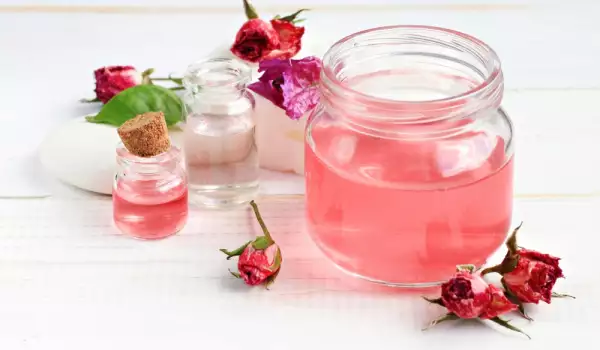
Rose water has a number of healing and therapeutic properties due to its antioxidant content. Its benefits have been proven for:
Soothing skin irritations
This product has strong anti-inflammatory properties, due to the fact that rose water is particularly effective in the treatment of skin problems and irritations. It is effective in reducing puffiness and redness, including the relief of the symptoms of eczema and rosacea on the skin.
Helps prevent and treat infections
The antiseptic properties of rose water are useful in the prevention and treatment of various infections. For symptoms of sore throat and cold and flu, relief can be achieved by drinking rose water.
It is rich in antioxidants
Because of the rose oil content, rose water is a source of antioxidants that repair cells from damage and are a barrier against free radicals.
Helps heal injuries, cuts and burns
Rose water's antiseptic and antibacterial properties help skin injuries heal faster. At the same time, if you rub the wound with rose water, it disinfects it and protects it from infections.
Enhances mood
Rose oil is a calming catalyst for the central nervous system, has a mild antidepressant effect and reduces restlessness and anxiety.
Relieves headaches
Rose water, along with rose oil, has been an integral part of aromatherapy practice for headache relief for centuries. Inhaling the aroma of rose water, as well as compresses with it, are effective practices for regaining the feeling of health.
Supports the skin
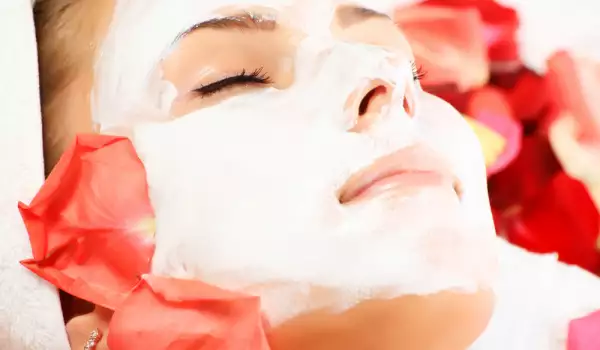
Anti-wrinkle cosmetic products include rose water in their arsenal because it has the ability to smooth and tone the skin, keeping it fresh and radiant.
Improves digestion
Rose water for drinking and cooking supports digestion processes and soothes irritations in the digestive tract.
Take care of your hair
This rose oil product is a natural hair conditioner. Rubbing pink rose into the roots or ends of the hair after washing is a natural conditioner that nourishes the hair and eliminates dandruff.
Obtaining rose water
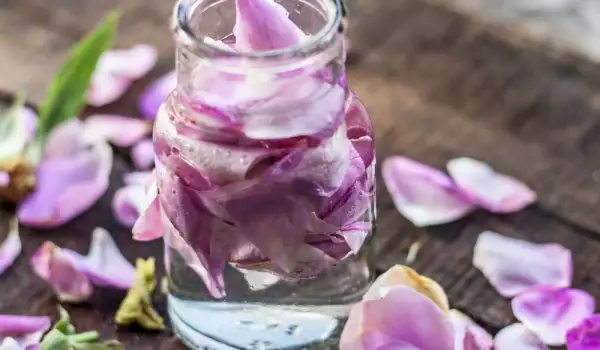
In industrial conditions, rose water is a 100 percent pure product obtained by steam distillation from the fresh flowers of Rosa damascena. It contains a small amount of rose oil, about 0.05 percent of the total ingredients, which accounts for the product's disinfecting and antibacterial properties.
There are also two more ways to produce rose water - by boiling and using essential oils. Homemade rose water production requires petals from healthy flowers that have not been sprayed with pesticides and chemicals. 2 or 3 flowers are needed for 1 cup fresh petals and ¼ cup dried. Washed and dried petals are processed by boiling or distillation to obtain rose water.
How to make rose water by boiling
Necessary products and utensils:
- 2-3 cups of fresh rose petals;
- Wide pot;
- Glass bottle and jar;
- 1.5 liters of distilled water;
- Colander for straining.
Preparation of rose water
Pure rose petals are placed in the pot and poured with distilled water so that they are covered. Put the pot on low heat on the stove, close with a lid and let it simmer for about 30-45 minutes and keep an eye on them to see when the petals lose their color. Remove from heat and leave it to cool. Strain and pour into a jar or spray bottle. Can be used for 1 month.
Obtaining rose water by distillation
Products and utensils needed
- 2-3 cups of clean and fresh rose leaves;
- Wide pot;
- A small metal or ceramic bowl;
- 1 glass with ice cubes;
- 1.5 liters distilled water
Preparation
The small bowl is placed in the middle of the pot. Add the petals, but do not leave them under the bowl. The petals are poured with distilled water so that they are covered. The pot is covered with the upside down lid and ice cubes are placed on top of the pot. Bring the water to a boil and reduce the heat to simmer for the next 30-45 minutes. The lid is removed to check if the petals have lost their color, which means the rose water is ready. As soon as it cools completely, it is transferred into the prepared bottle or jar. It has a shelf life of 6 months.
Obtaining rose water from essential oil
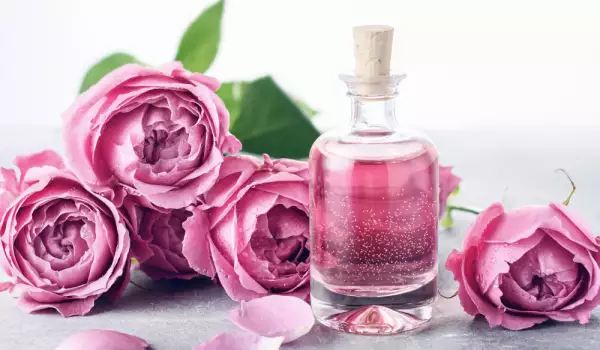
Products and utensils needed
- 12 drops of essential rose oil;
- 1 tbsp. base oil of choice - coconut, almond, jojoba and others;
- 1 cup distilled water;
- Glass bottle or jar.
Preparation
The rose essential oil and base are mixed together, then the water is added. The mixture is poured into a jar or bottle. No special storage is required.
Rose water loses its shelf life with time, for each method of obtaining the time is different. A change in color or aroma is a sign that the product has expired.
Use of rose water
Rose water has a number of uses both externally and internally.
Face toner
Rose water toner is an excellent natural alternative to expensive industrial products, especially those with alcohol, which tend to dry out the skin. Using rose water as a toner helps to remove excess sebum and dirt, helps maintain the pH balance of the skin and is ideal for facial skin care.

Rose Water Body Spray
The rose water spray is an ideal way to refresh and invigorate, to cool down or simply flood the senses with a wave of floral fragrance.
It can be sprayed on the face to keep the skin hydrated. It can also be sprayed on the body immediately after a shower, followed by a body moisturizer to keep it fresh all day. You can spray it on rashes to strengthen and cool the skin.
Rose water room spray
A little rose water is a natural air freshener. It can be sprayed on furniture, curtains and cushions for a delicate rose scent. Rose water is a great alternative to chemical air fresheners and is generally considered safe for those who are sensitive to fragrances.
Rose water hair spray
Rose water can be sprayed on the hair to tame frizzy and unruly hair or to refresh an itchy scalp. A mixture of rose water with coconut, almond or jojoba oil is a great mask for massaging the scalp to hydrate the hair and stimulate the hair follicles.
Making Rose Water Cocktails
Some sweet-tasting cocktails with rose water can be made. This is done by adding a few tablespoons to the favorite mixture, if it is not with an essential oil. Pastries can also be flavored with rose water.
Rose water is also suitable as a mouthwash.
Rose water facial pads for the eyes
Facial pads with rose water are very popular for tired eyes or bags under them. Rose water soothes and relaxes them.
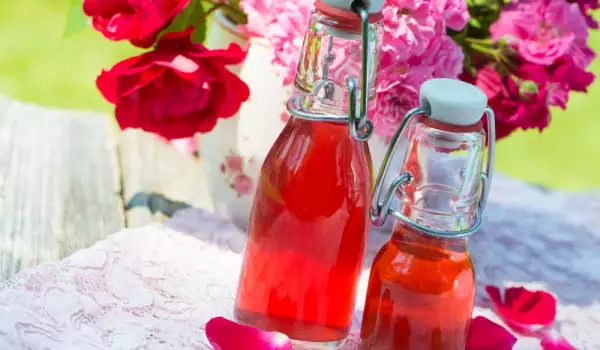






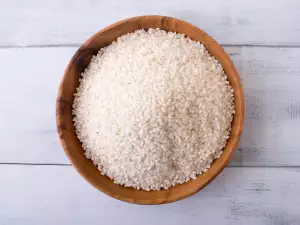


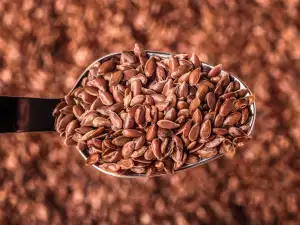
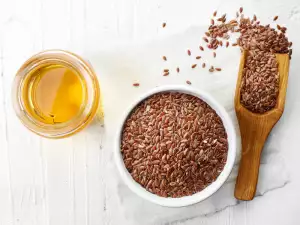

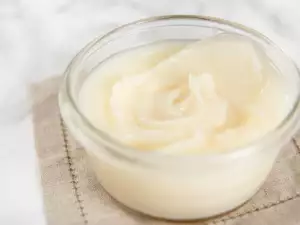

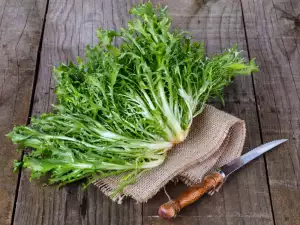




Comments